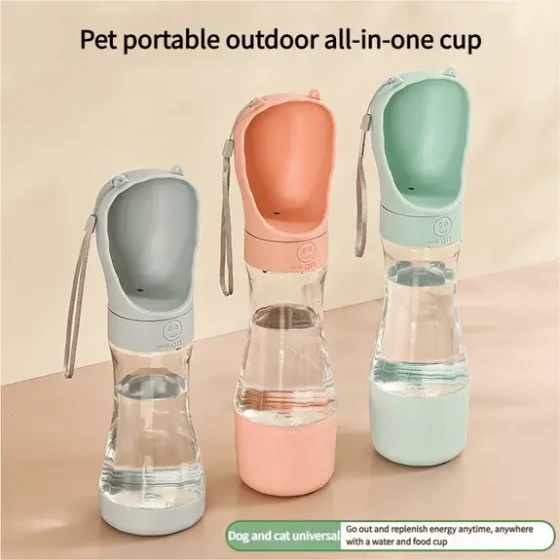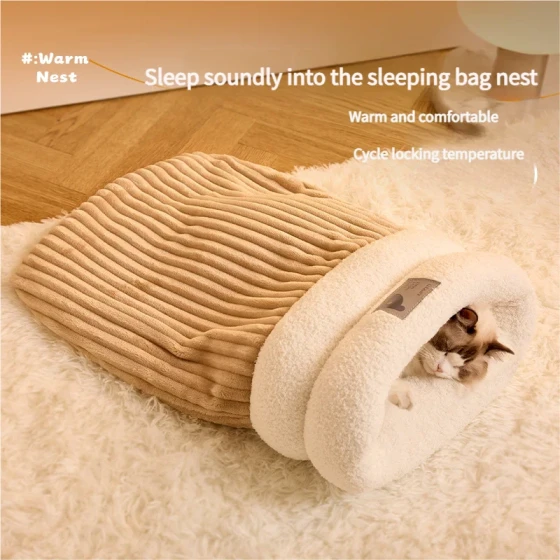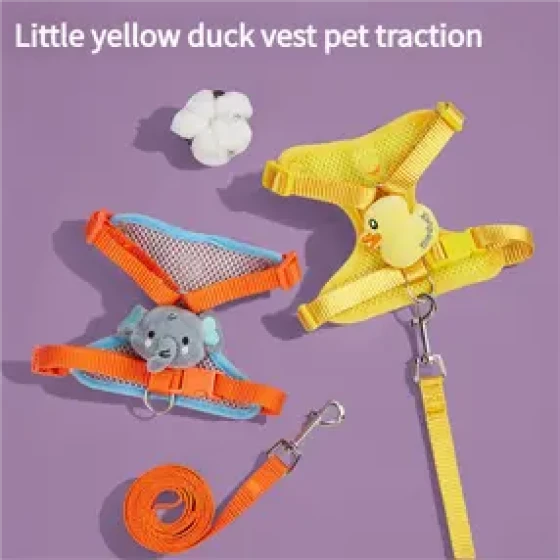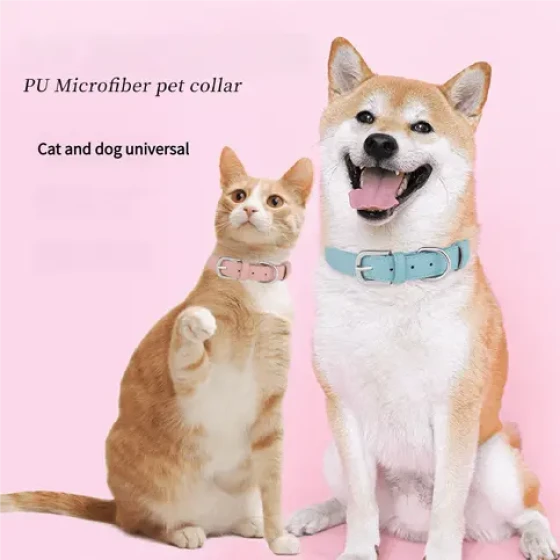Precautions for Cat Neutering, These Aspects Need to Be Considered
Anyone who has raised cats knows that during their heat period, cats like to urinate everywhere and meow loudly, especially at night when family members and neighbors want to sleep. Therefore, most cat owners choose to neuter their cats. When neutering a cat, many points need attention. First, the age of neutering should be considered. Generally, the best time for neutering is when the cat is 6 to 8 months old and weighs more than six pounds.
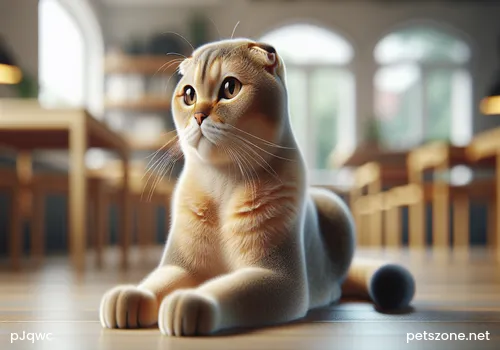
Before the surgery, vaccinate the cat to boost its antibodies. Also, perform a physical examination to ensure the cat is in good health for the operation. To ensure better surgical results, owners must remember to fast the cat for at least eight hours and withhold water for four hours before surgery. Because anesthesia is used during surgery, eating beforehand can cause vomiting, so control the timing and avoid feeding or giving water before the operation. It’s best to hide food to prevent the cat from sneaking a bite. Also, prepare eye drops and a cat bag. After anesthesia, apply eye drops to prevent the cat’s eyes from drying out.
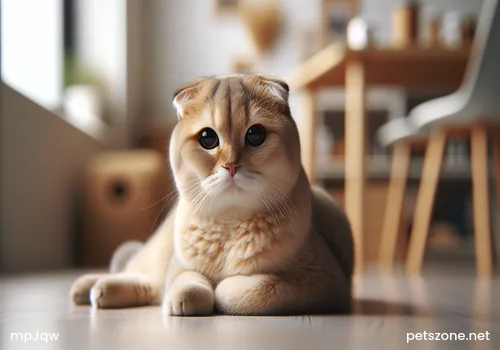
After the surgery, pay attention to feeding only after the anesthesia has worn off to prevent vomiting. Continue applying eye drops about every fifteen minutes until the cat wakes up, then you can stop. Like humans, cats may feel uncomfortable after surgery, with decreased appetite and mood for several days. At this time, owners should allow the cat to rest well. A quiet environment is essential for recovery, so keep their surroundings peaceful and avoid disturbing them to prevent agitation.
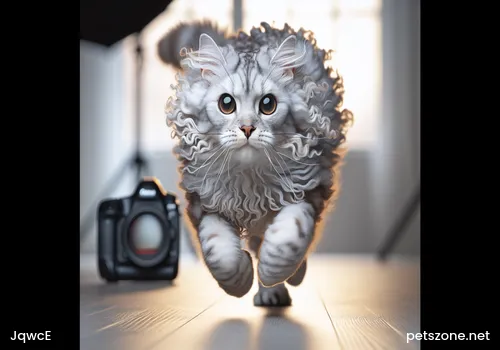
The surgery time differs between male and female cats. Male cats take less than an hour, while female cats require about two hours. After surgery, the Elizabethan collar must be worn properly—at least three days for males and over seven days for females. Most importantly, take good care of your cat, protect the surgical wound, keep it dry, and prevent deterioration. Pay attention to keeping them warm and start feeding liquid foods that are easy to digest to nourish their body. Postoperative care requires the cat owner’s careful attention.
